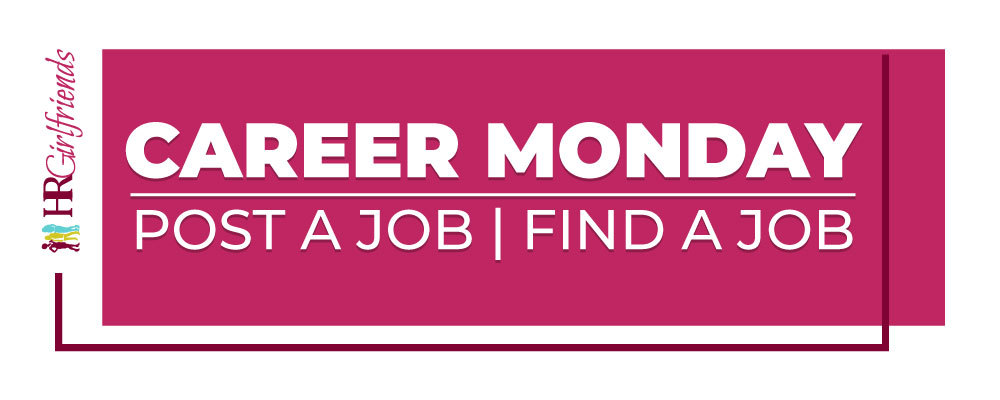COBRA is short for the Consolidated Omnibus Budget Reconciliation Act of 1985. It’s a federal law that allows certain employees and covered dependents to elect to continue their same group health coverage, at their own cost, when it would otherwise be discontinued because of a qualifying event. These qualifying events include termination or reduction in hours, death of a covered employee, divorce or legal separation, Medicare entitlement, and loss of dependent status. Generally, COBRA can be used for up to 18 months, and in some circumstances, up to 36 months.
COBRA applies to most group health plans that are sponsored by employers with 20 or more employees on more than 50% of their typical business days in the previous calendar year. COBRA doesn’t apply to plans sponsored by the federal government, churches, or church-related organizations.
For COBRA purposes, group health plans include things like medical coverage, dental and vision plans, health flexible spending arrangements, health reimbursement arrangements, and other programs related to health benefits. COBRA does not cover plans that provide only life insurance or disability benefits because these are not considered medical care. Additionally, certain voluntary benefit plans may be exempt from COBRA.
Any qualified beneficiary who experiences a qualifying event must be offered the opportunity to elect COBRA. A qualified beneficiary is an individual covered by a group health plan on the day before a qualifying event occurs and who is an employee, the employee’s spouse or former spouse, or the employee’s dependent child. A child who is born to or placed for adoption with a COBRA participant is also automatically considered a qualified beneficiary.
You can find more information about COBRA, including notice requirements, on the platform.
This Q&A does not constitute legal advice and does not address state or local law.
 Answer from Bethany, SHRM-SCP:
Answer from Bethany, SHRM-SCP:
Bethany is a seasoned professional with 20 years of business experience focusing on human resources and benefits for private and publicly traded companies in the technology, healthcare, manufacturing and service industries. She has led teams and supported transformations for companies of various sizes in domestic and global markets and understands how to approach the different complexities found in businesses with little to no HR framework and those at more advanced stages of HR development. In her spare time she’s an avid baker and enjoys spending time outdoors with her husband and dogs.





